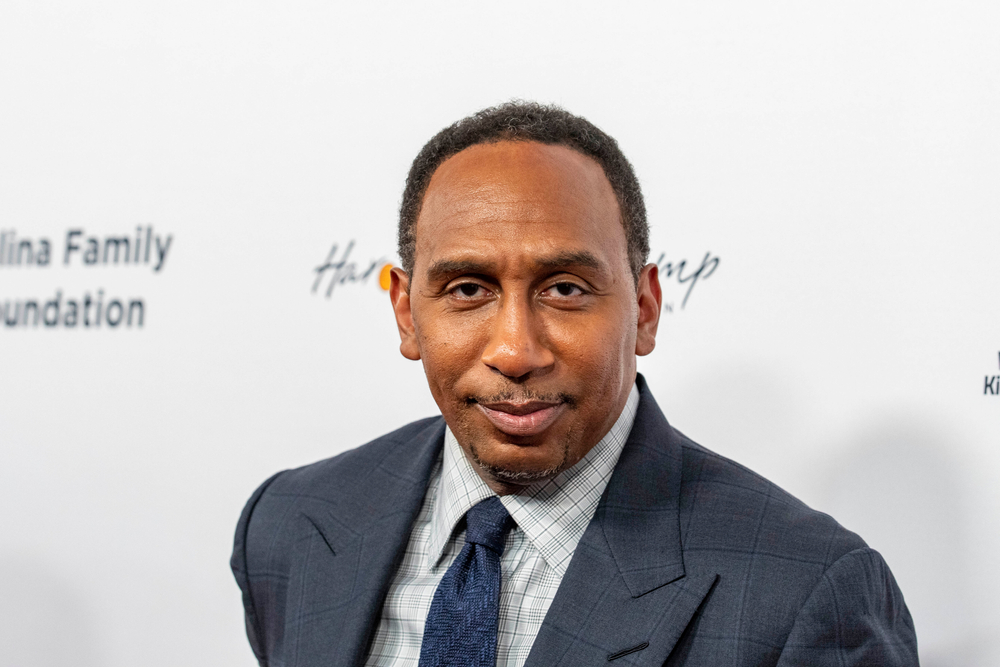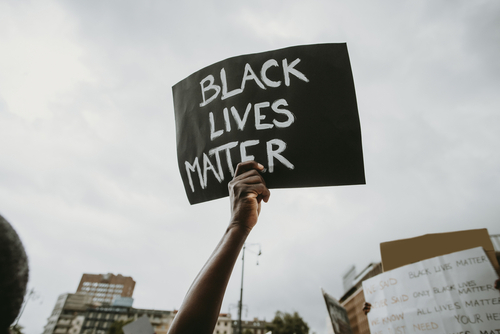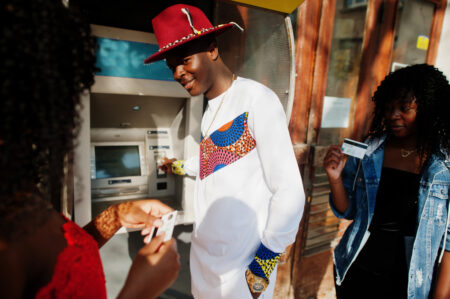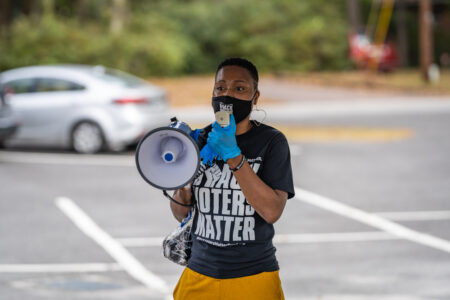May 4, 2024, marks the 54th anniversary of the Kent State Massacre. The Kent State Massacre was the violent murder of four and wounding of nine university students who were protesting the United States invasion of Cambodia, during the Vietnam…
LATEST NEWS
The ridiculous anti-DEI movement that is spreading rapidly across the country continued…
Mail service company DHL Express recently agreed to pay $8.7 million as…
The Supreme Court recently ruled not to vote on dismissing a lawsuit…
The Arkansas chapter of the NAACP recently announced that they will be…
Sports
On Sunday, Candace Parker, one of the greatest to ever play the…
If I told you that your favorite team’s offense consisted of DJ…
HBCU Morehouse College recently announced a new partnership with tech company Sage…
As the number of Bitcoin teller machines increases around the U.S., a…
Musician Bryson Tiller recently announced that he’ll be putting his music career…
The creators of The Sims video game recently announced a collaboration with…
Tupac Shakur’s estate recently sent a cease-and-desist letter to Drake following his AI-generated diss track. Billboard obtained the cease-and-desist letter, which demanded that the…
Travel
In this video, the Passport Heavy crew embarks on a three-week adventure across Colombia! From the vibrant streets of Medellín to the serene beaches…
Food
If you’re passionate about vino, staying informed about the latest wine trends is always helpful. Whether you want to build a career in the industry, run your own business, or just enjoy a good glass of…















































